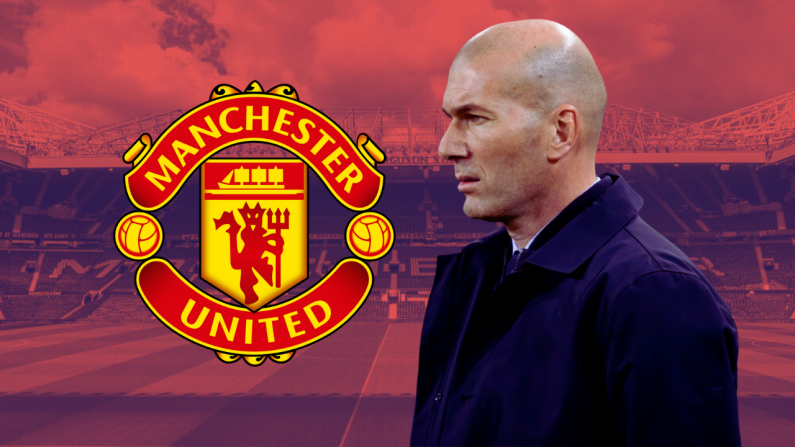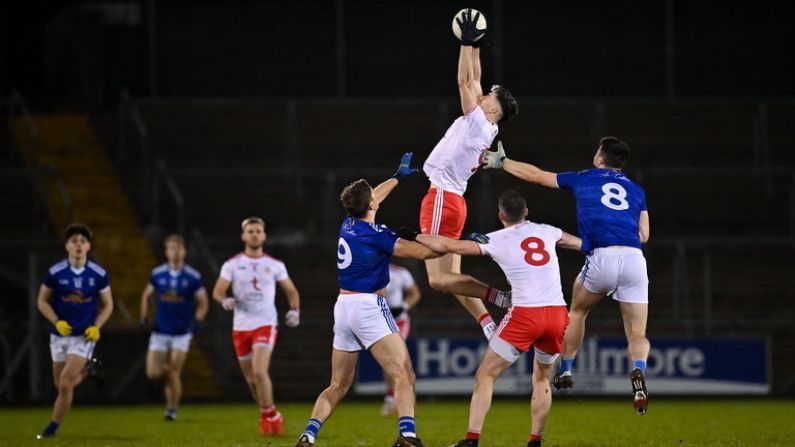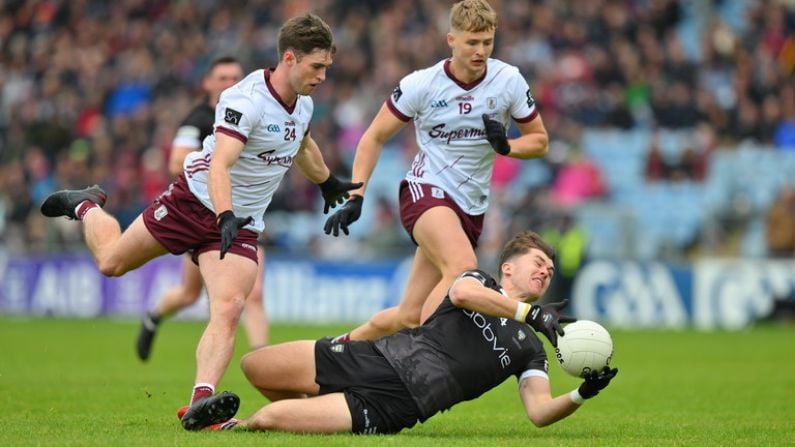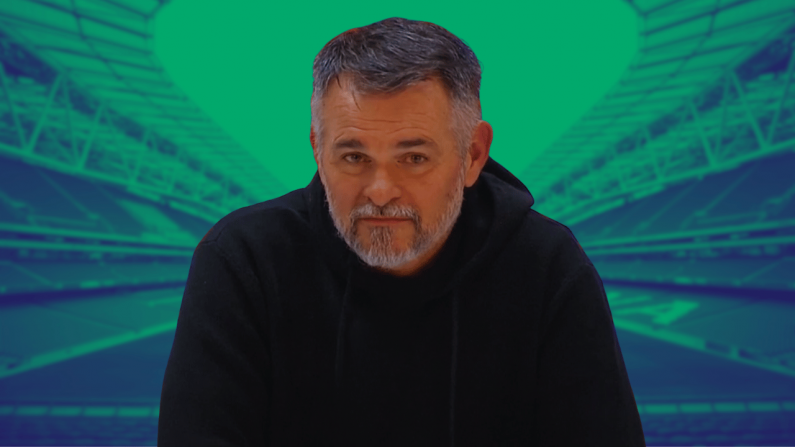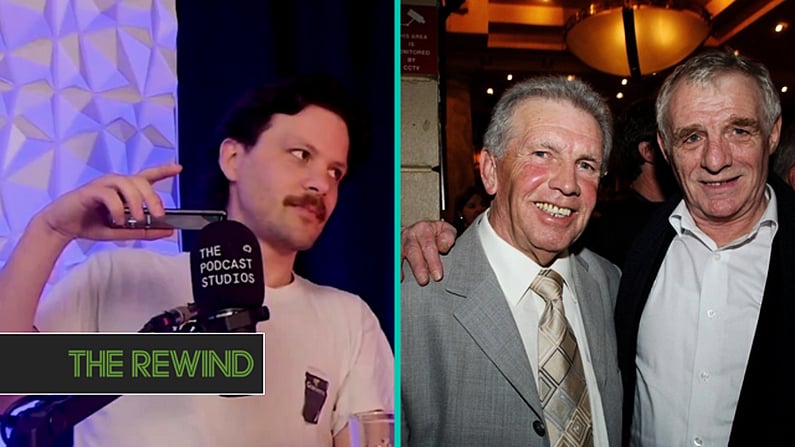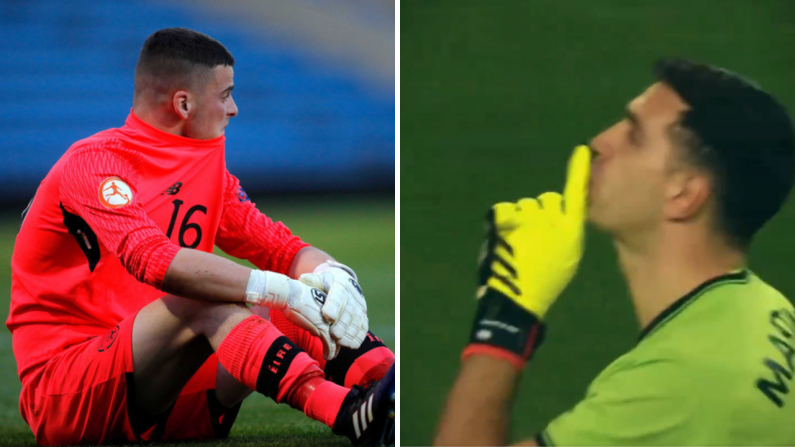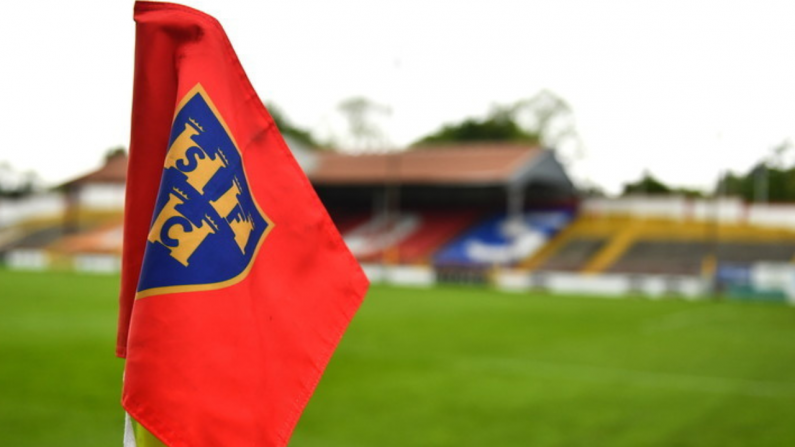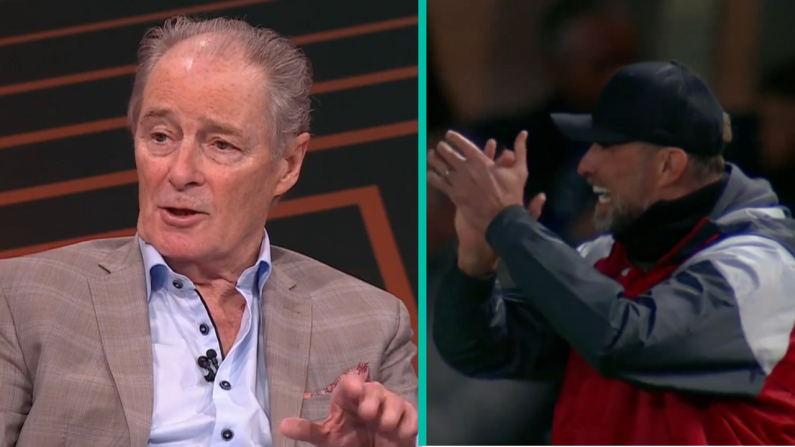The effigy of David Beckham that hung from the Pleasant Pheasant pub in south London during the 1998 World Cup was a most jarring example of the English tradition for finding footballing scapegoats.
Beckham’s subsequent rise to become England captain, fashion guru and one of the world’s most famous men means the nationwide pummelling he received that summer now serves as part of Brand Beckham’s origin story. But it got nasty, very nasty. “10 Heroic Lions, One Stupid Boy,” roared a Daily Mirror headline, the morning after Beckham’s kick on Argentina’s Diego Simeone had reduced England to ten men ahead of losing on penalties in Saint-Etienne.
“A Gaultier-saronged, Posh-Spiced, Cooled Britannia, look-at-me, what-a-lad, loadsamoney, sex-and-shopping, fame-schooled, daytime-TV, over-coiffed twerp,” sneered a Daily Telegraph editorial. Considering the viciousness of that, and myriad other attacks on those held responsible for England failures, it is little wonder those bearing the Three Lions on their shirt often play at major tournaments in the manner of frightened rabbits.
Gareth Southgate missed the crucial penalty in Euro 96’s semi-final with Germany and got off pretty lightly, even getting to cash out from a Pizza Hut advert featuring Chris Waddle and Stuart Pearce. “Come on, Gareth, it only took me six years to get over it,” said Pearce, having been fall-guy in 1990. Waddle remained wordless, trusted only by the ad’s director to mug for the camera.
Southgate has full appreciation of the fear that grips Englishmen. His success in guiding the national team to the semis in the unusually scapegoat-free 2018 World Cup and the final of Euro 2020, has considerable grounding in being able to tell his players he has been there, and done that.
Another England manager, Phil Neville, who led the women’s team to the semis of the World Cup in 2019, was probably also able to harness something similar. It was Neville’s late, injudicious tackle on Romania’s Viorel Moldovan that crashed Kevin Keegan’s team out of Euro 2000’s group stage.
Neville probably saved disorganised England further embarrassment in a high-quality tournament but received a barrage from press and public alike. “My wife came home one day from work and the gates were on fire with an England flag on top of it,” he said. “And then when you take your wife out for a romantic meal, go to the toilet and someone threatens to punch your lights out, you have to go straight home.”
The year 2000 was early days for the Internet, a time before memes or ‘going viral’, but a photoshopped picture of Martin Keown holding a gun to the younger Neville’s head at full-time dropped into inboxes across Britain. That homemade image, its originator unknown, lost in the mists of long-deleted emails, was actually following in the traditions of Fleet Street tabloid newspapers’ finest page designers.
“Swedes 2-1 Turnips” wailed the Sun when England exited Euro 92’s group stage at the hands of the host nations, and there the puns really started. Graham Taylor, then manager, was mocked up as “Turnip Taylor”, the subject of headlines like “Turnip in, Taylor” and, after England failed to qualify for the 1994 World Cup and he was sacked: “That’s Yer Allotment, At Last Turnip Taylor Turns Up His Toes”.
Taylor, a good man who fell short in the job he had always wanted, would admit in the infamous Impossible Job documentary the stress caused him physical symptoms. “I'm waking up with the usual pyjamas wet through,” he told the cameras. Revealing his anguish did not stop his successors receiving much the same treatment. Terry Venables became “Terry Vegetable”, and Sven Goran Eriksson, was predictably labelled a “Rotten Swede”.
Eriksson, on leaving the England job after exiting the 2006 World Cup at the quarter-final stage at the hands of Portugal, tried his best to protect the young man whose red card saw him face a similar fate to Beckham eight years earlier. “I think that you, much more than me, need Wayne Rooney," Eriksson pleaded. “He is the golden boy of English football, so don't kill him.” Cristiano Ronaldo’s wink as Rooney loped off probably went some way to dampening down the backlash being prepared for his Manchester United teammate.
This year's scapegoat
After success in the last two tournaments, how might failure in Qatar be greeted? While a phalanx of columnists already appear to have their sights set on Southgate there has been change in the media. The previously all-powerful tabloids have lost their bite - and reach - as sales decline. England players’ relations with journalists are far more cordial than in the past. For good access at training camps, more balanced coverage is being exchanged.
There is, though, another force in town, one that has superseded and overwhelmed Her Majesty’s Press Corps. Social media rules, and no amount of positive mainstream media coverage of, say, Harry Maguire will be able shield him should he shin in own-goals.
And in the aftermath of Euro 2020, after Bukayo Saka and Marcus Rashford missed penalties in the final shootout with Italy, racism reared its ugly head, vile volleys of abuse raining down from various platforms, with a viciousness all but untameable. It was unedifying, by no means all of it coming from within the shores of England, but in its ugly way, it followed a tradition.



